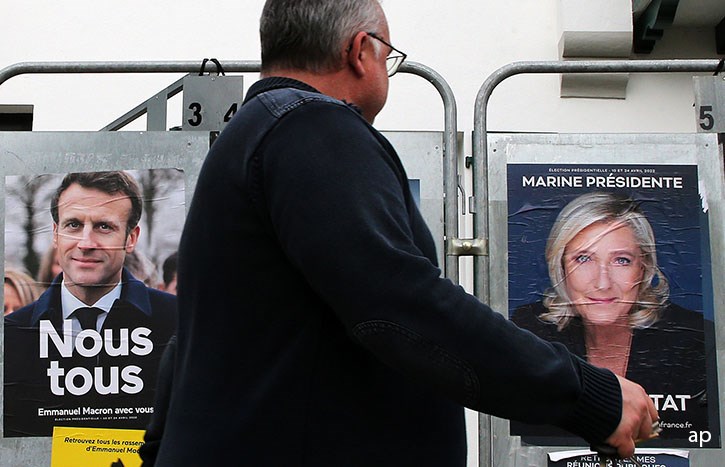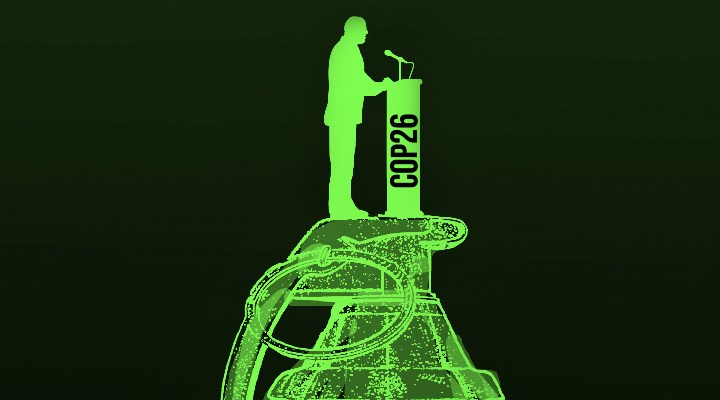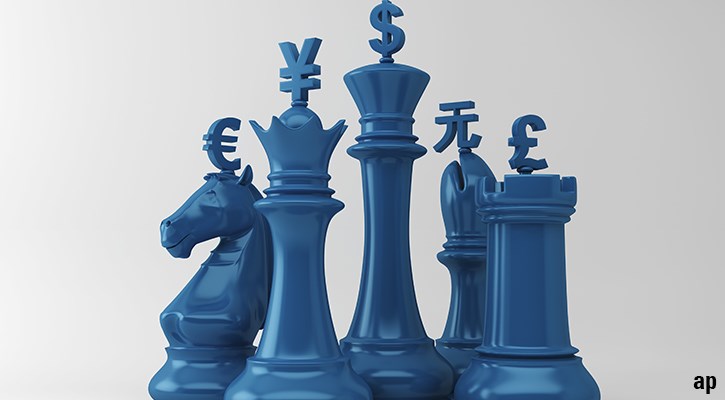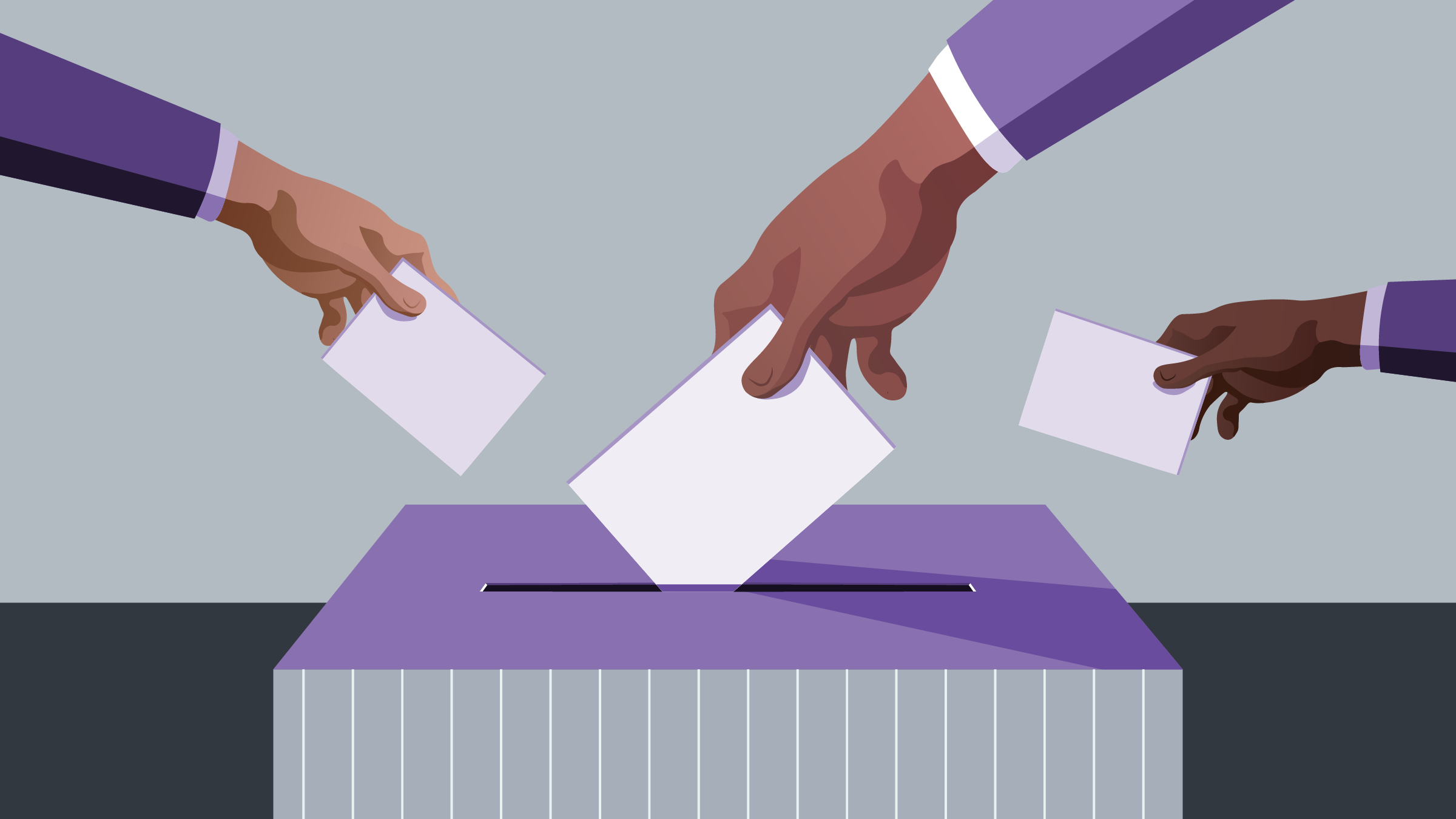
Market commentators are welcoming the victory of Emmanuel Macron in the French presidential elections. But winning is just the start, as these observers point out...
Vincent Mortier, group CIO, Amundi
Macron made it clear this election was a referendum on Europe. His victory will lead him to strengthen the Franco-German couple and European institutions more generally. The President-elect [has also] said he would continue the tradition of elected presidents by travelling quickly to Berlin to meet the German Chancellor, Olaf Scholz. The absence of a change of course will reassure not only other EU countries but also NATO. Macron will not be able to launch [his promised] reforms immediately, nor pass laws. He needs to secure a majority in parliament (parliamentary elections are scheduled for 12-19 June). Historically, voters have always given a majority to the elected president. But the increasing fragmentation of the political landscape makes it doubtful that Macron’s party has an absolute majority this time.
Chris Beauchamp, chief market analyst, IG Group
Macron’s win has provided only the briefest of respites for European assets, which have been swept along in the general tide of selling. The polls had put the incumbent comfortably in the lead, so the result was no surprise, but the focus now shifts to the June’s parliamentary elections. 42% of yesterday’s electorate went for Le Pen, a sign there is still significant discontent in France, and this should bubble up once more in a few weeks’ time, risking further pressure on European assets.
Frédéric Leroux, fund manager, Carminac
Macron's clear victory is likely to reassure the markets that the European dynamic will continue. In the short term, the main logical beneficiary of this election could be the euro, which was still flirting last Friday with two-year lows against the dollar. As the European equity market has rather outperformed the US market in the last few days, there is not necessarily a reason to expect a massive outperformance from French or European equities against the US. The negative aspect for the markets of this rather comfortable election could, however, come from a quick decision in favour of a Russian oil embargo, which would exacerbate inflationary pressures and economic slowdown (the stagflation scenario) in Europe. In the longer term, regardless of the geography of power, the main constraint on economic policies will be sustained inflation. It is not at all clear that the economic programmes on which the president and deputies are being elected have been built on this reality, which is becoming more and more evident. France is no exception in this respect.
Seema Shah, chief strategist, Principal Global Investors
On the one hand, as the gap between the two candidates in the opinion polls widened in the last week, a Macron victory looked fairly well priced in. On the other, the accuracy – or lack thereof – of political polling in recent years meant investors were always going to be a bit jittery. Although – compared with the alternative – this result is good news for the Euro, French bond spreads and the share prices of French banks, it is hard to see much upside for these assets in the near term given the broader macro outlook in the wake of the war in Ukraine. We think the probability of Europe ending this year in recession is high – and Macron's victory doesn't change this.





























